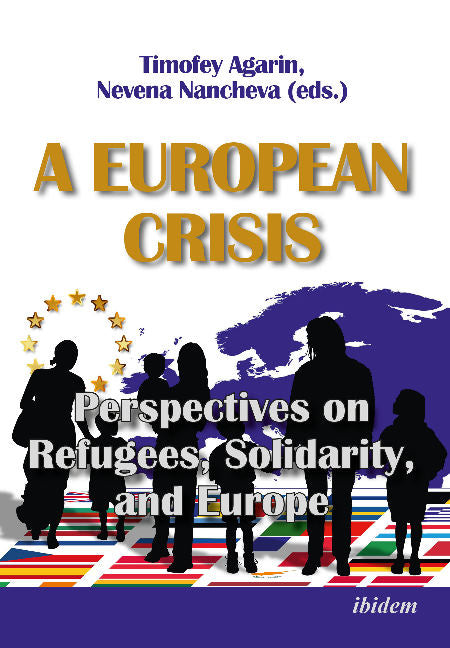This is a book about the crisis of the European integration project as seen from the vantage point of people's movements across and to the European continent. But why should the issue of refugees or of migration have anything to do with the dynamics of the integration or disintegration of the European Union? If anything, the existing global refugee protection regime was conceived in Europe at about the time when Europe began to integrate: It was seen as a moral imperative in the context of European solidarity and in the face of crisis. How did refugee protection become so controversial as to usher in a crisis of its own? Why do European governments and their peoples see refugees and migrants as the cause of a crisis in and of Europe? Solidarity, legitimacy, democracy, welfare, rights: How has refugee migration undermined European positions on all that has defined EU integration so far? This collection engages with these questions by focusing on the construction of the crisis narrative, offering an insight into distinctly European perspectives on and analyses of political responses to refugees, migration, and economic challenges. The aim of the volume is to provide an empirical and thematic context for understanding the link between refugee migration and the overpowering perception of Europe in crisis.
Timofey Agarin is a Lecturer in Comparative Politics and Ethnic Conflict in Queen's University Belfast, where he is also the Director of the Centre for the Study of Ethnic Conflict. His research interest is in ethnic politics and their impact on transition from communism in Central Eastern European states, as well as issue areas of non-discrimination, minority protection, migration, and civil society. Agarin has published in Ethnopolitics, Perspectives on European Politics and Society, Ethnicities, and Nationalities Papers. He authored A Cat's Lick? Democratisation and Minority Communities in the post-Soviet Baltic (Rodopi 2010) and edited Minority Integration in Central Eastern Europe: Between Ethnic Diversity and Equality (Rodopi 2009, with Malte Brosig) and Institutional Legacies of Communism: Change and Continuities in Minority Protection (Routledge 2013, with Karl Cordell and Alexander Osipov).

